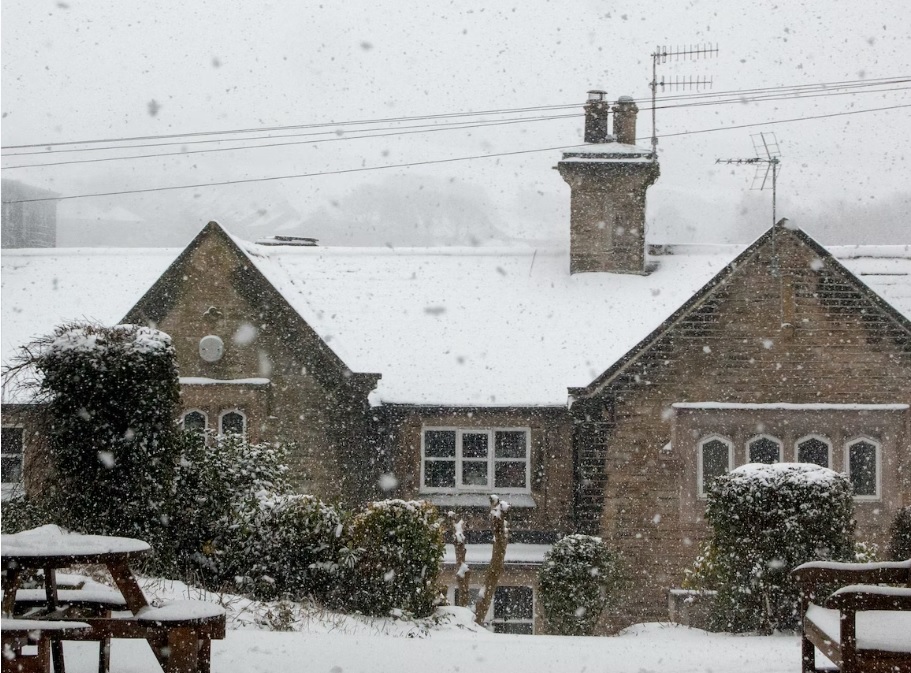We often observe pipework, water tanks, and external taps which are inadequately insulated. Many, however, do not appreciate the magnitude of the problem that a frozen or burst pipe can cause, and we therefore always flag up any vulnerable pipework, tanks or taps, which require lagging. Pipes which haven’t been sufficiently insulated are left vulnerable. As well as the hassle of stopping your water supply when the pipes are frozen, the pipes can burst and then cause significant damage to your property.
Bursts during the winter months are commonly an effect of water freezing and expanding inside household pipes. When this is continual, it can cause pressure to build up between the ice blockage and the closed tap, and repeated pressure often results in the section of pipe eventually bursting. The most common cause is cracks in pipes, usually at the point where the pipe enters the home leaving them exposed, and pipework which is inside unheated spaces where the warmed air cannot reach, for example in cellars, lofts, and outhouses.
In order to help prevent bursting pipework, they should be kept warm and stopped from freezing. The cheapest and easiest way is to wrap the pipes in foam tubing, which is known as ‘lagging’, and make sure there are no gaps at bends, valves or fittings. You can also insulate your water tank and your external taps. Leaving your property with a gentle heat can help prevent pipes from freezing over. You could either turn your heating to low, or schedule it to come on for an hour or two when the property is vacant. Some heating systems also have a built-in frost setting for this purpose, or if you have a modern system such as Nest or Hive then you should be able to manage this remotely. If you are planning on being away from your property for a prolonged period of time then another option to safeguard your property is to drain down the water, to ensure there is no water left in the pipes.
Your stop tap allows you to turn off the water to your property, which is vital in an emergency, for example if there is a burst pipe. It’s usually found under the sink or stairs. If you don’t already know, you should find the location of your stop tap and check it’s working. It is recommended that you highlight the stop tap (which is often inside a kitchen or utility area cupboard, so you know what to do in a crisis.
Bursting pipes is a very common issue in these cold spells, however additional considerations are of course the level of insulation and energy efficiency of your property, as well planning ahead for winter months. This could include clearing leaves and debris from gulleys and gutters, so that the increased amount of rainwater can properly drain away and not turn your patio into an icerink, or freeze in blocked downpipes then possibly cause dampness or damage internally by pressing the water/ice against the wall.
Wherever you are located, planning for the appropriate season is a good way to prevent possible future issues which may cause damage to your property, which is unfortunately often unseen until it is too late.
Alisanne Cooper



